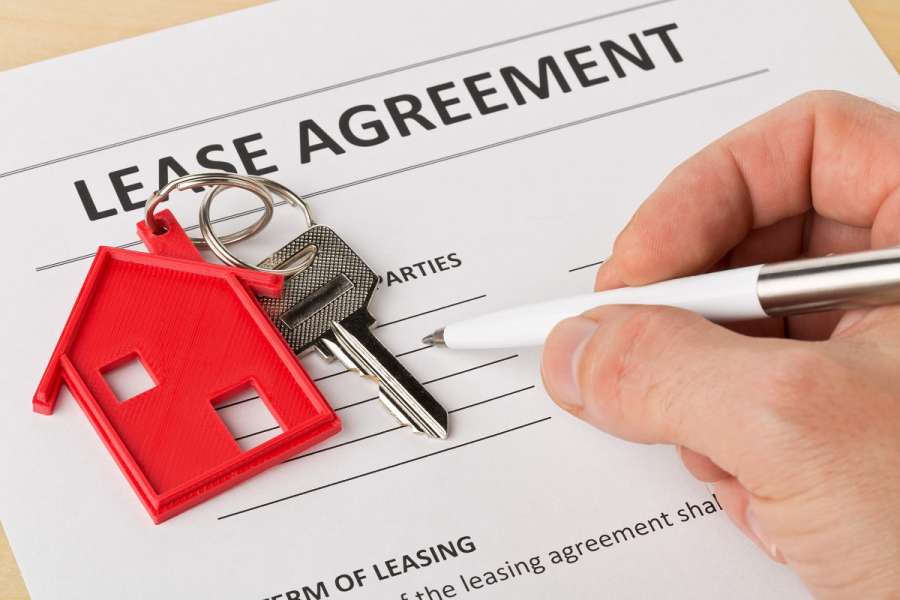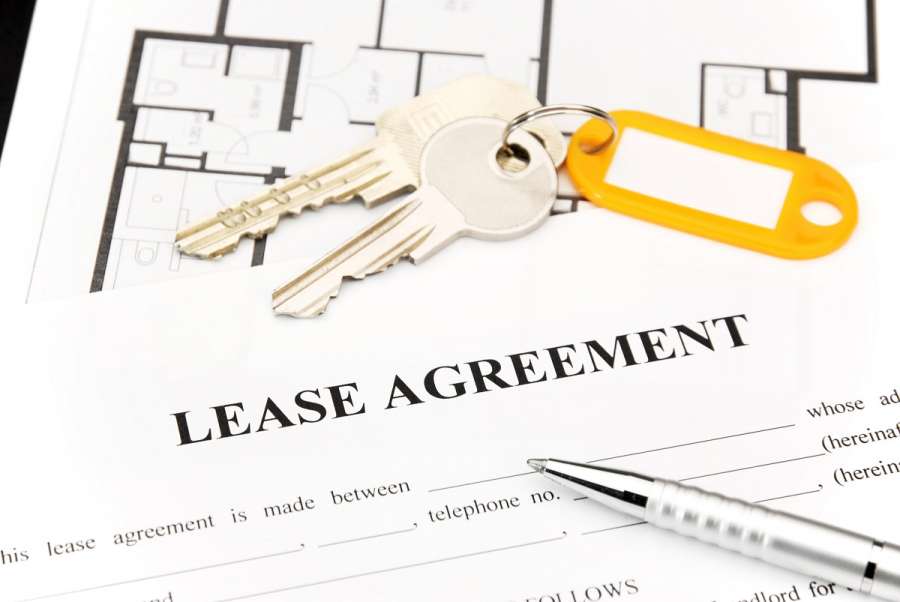A right to forfeit a tenant’s lease entitles the landlord to take back possession of the property (either by changing the locks or by issuing possession proceedings) and to treat the lease as having come to an end.
This is subject to any rights the tenant may have to seek relief.
However, the ability for the landlord to forfeit the lease is made more complicated by the law in relation to waiver.
Where a landlord is considering forfeiting the lease, where a right has arisen, the landlord must take care that it does not do anything to waive the right.
If the landlord does not elect to forfeit the lease as soon as they are aware of the breach and instead, by its conduct, treats the lease as continuing, the landlord can lose its right to forfeit the lease.
This is known as waiver.
For a landlord to waive its right, there must:
- Be knowledge of the breach; and
- Be an unequivocal recognition or act of the continuation of the lease; and
- Communication to the tenant of the unequivocal recognition or act.





